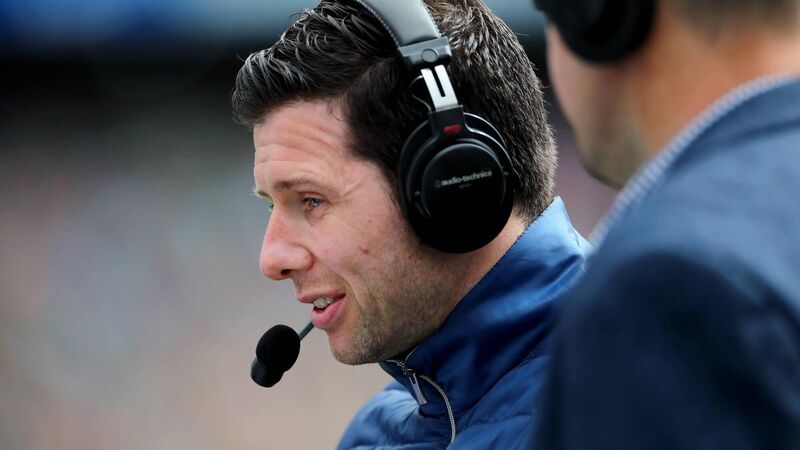John Fogarty: Championship draw proved provinces still hold sway

STRAIGHT SHOOTER: Seán Cavanagh ‘wasn’t willing to sell a pup’ last Saturday on RTÉ Radio’s draw coverage, says John Fogarty. Pic: INPHO/James Crombie
If there was a memo to stay onside with the GAA on RTÉ Radio 1’s ‘Saturday Sport’ this past weekend, Seán Cavanagh didn’t get it.
The national broadcaster may have become more discerning in their coverage of the provincial football championships in recent years, and understandably so, but with GAA vice-presidents (provincial chairs) in attendance for the 2023 draws and the new round of media rights still not confirmed, it behooved the hosts to be on their best behaviour.








